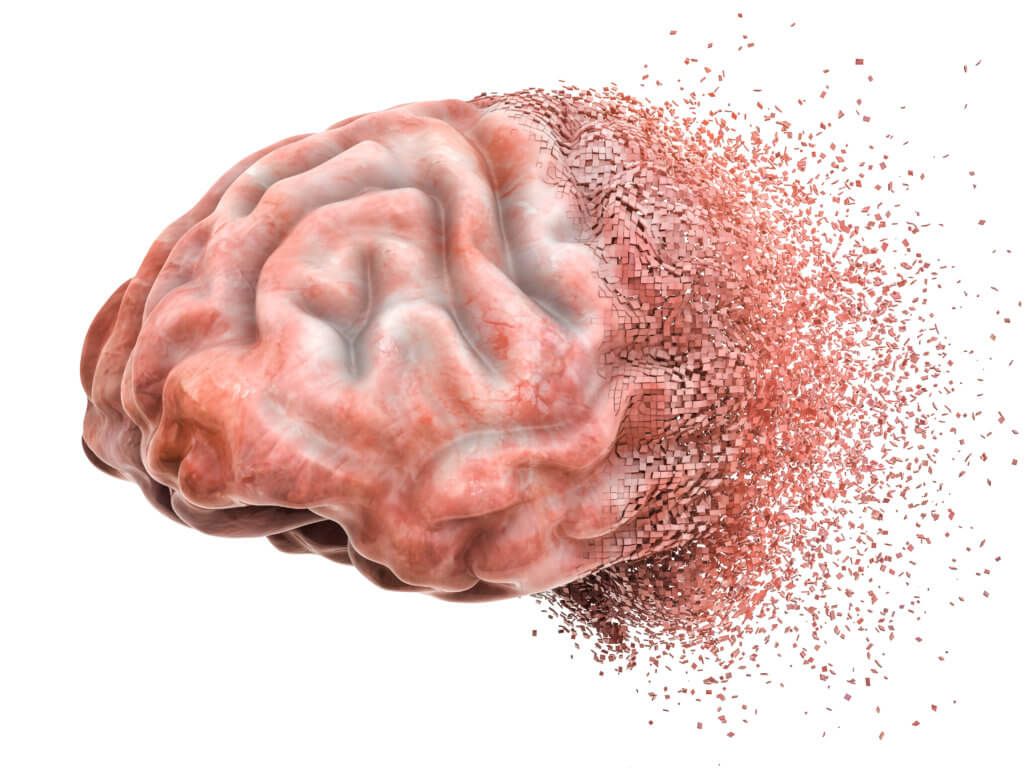An HIV drug could fend off memory loss in middle-aged people, according to new research. The drug, maraviroc, may even prevent early onset dementia by helping people make links between different memories, a skill which tends to fade as we age.
Our brains sort memories into groups, rather than record them singularly. This means remembering one thing triggers us to remember other things which are linked to it. Scientists from the University of California Los Angeles School of Medicine focused on a gene called CCR5 that encodes the CCR5 receptor, the same one HIV uses to enter brain cells and cause memory loss in AIDS sufferers.
The team had already found the gene reduces our ability to recall memories. For the new study, the researchers found a key mechanism that enables mice to link their memories of two different cages. A tiny microscope allowed the scientists to see into each mouse’s brain, allowing them to observe neurons firing and creating new memories.
Increasing the amount of CCR5 in the brains of middle aged mice interfered with their memories and led the creatures to forget the connection between the two cages. When the scientists deleted the CCR5 gene in the mice, they were able to link memories that normal mice could not.
Maraviroc was found to suppress the amount of CCR5 in the mice’s brains and helped older mice to link memories again.
“Our memories are a huge part of who we are. The ability to link related experiences teaches how to stay safe and operate successfully in the world,” says study author Alcino Silva, an author of the research and a distinguished professor of neurobiology and psychiatry, in a statement.
“Our next step will be to organize a clinical trial to test maraviroc’s influence on early memory loss with the goal of early intervention,” Silva continues. “Once we fully understand how memory declines, we possess the potential to slow down the process.”
The findings are published in the journal Nature.
Report by South West News Service writer Gwyn Wright













OK, so they are hoping to slow down the process. Great. But how about Nervgen’s drug – NVG291 – that actually restores function? Nervgen will probably start Phase 2 trial in Alzheimer’s later this year. This is the drug to watch IMO!
Is Joe Biden on this drug? Or is it too late for him in his advanced stage?